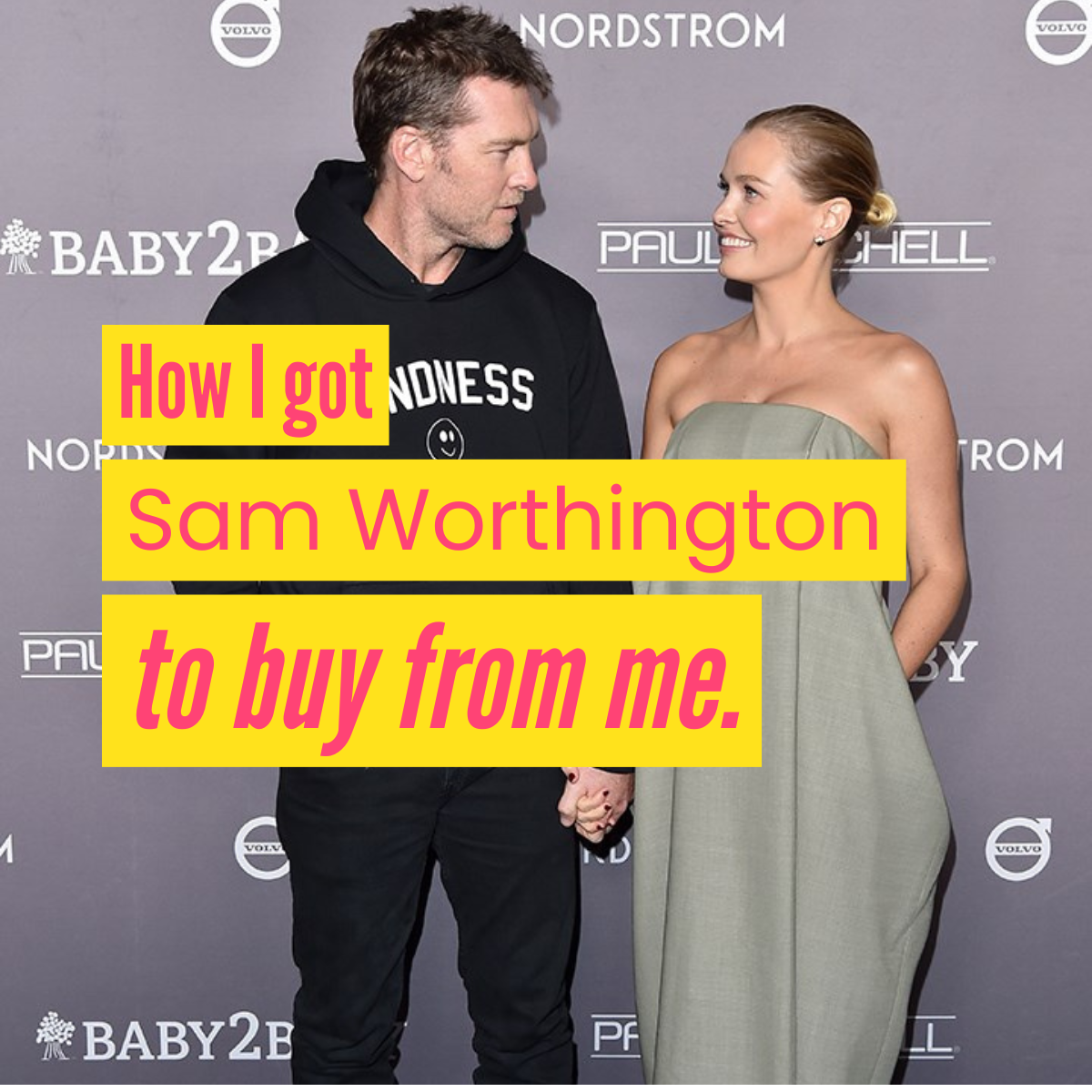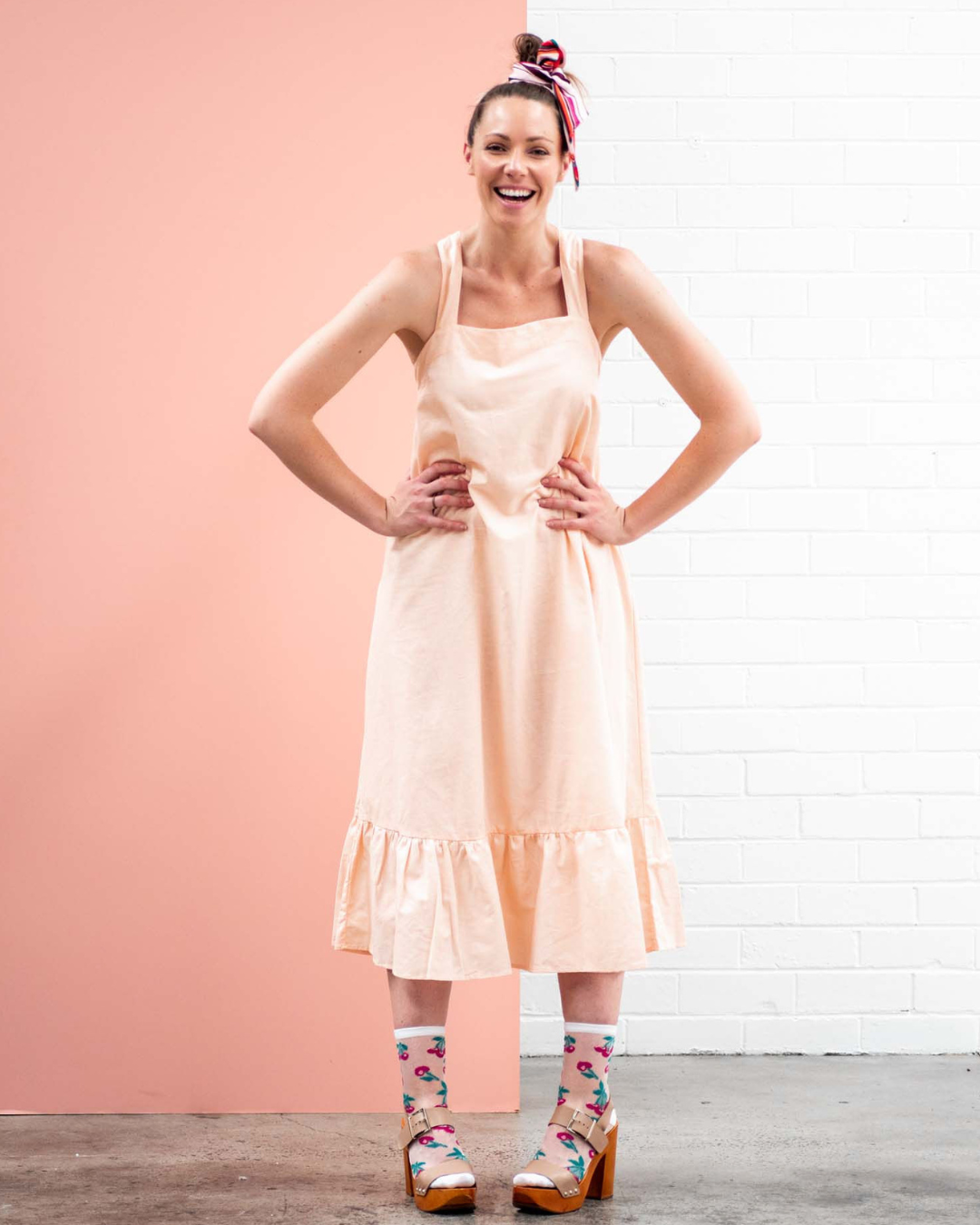There might be one sitting in your pantry, there's probably one or two crushed up the car, or one shoved in the back of the third draw. Everyone owns at least one, yet many don't know the full impacts of reusable polypropylene bags.
Most of us have come to know them as 'green bags', but they hide an unsustainable secret. Reusable polypropylene bags are a hot topic in Australia, and the bag ban debate has been tabled in even the country's biggest chain store boardrooms. Polypropylene is just another type of plastic, and we're switching from one bad choice to another.
Polypropylene bags require more resources and energy to produce than standard single-use plastic bags, and they need to be used 104 times before they officially make a difference. Most of them are made so poorly that they generally don’t last that long, but the solution to our nation's single-use plastic pollution crisis has been naturally growing for thousands of years.
ECO-TOTE have long been on the sustainable bandwagon, but they've never been on board as trend-searchers. Sustainability is in their DNA, and ECO-TOTE is determined to convert Australian shoppers one tote bag at a time. Founders Tim Austin and Lisa Van Den Bogaert have fashioned a replacement for plastic and paper bags without compromising on style, and some of the industry's most iconic labels are utilising them.
ECO-TOTES's eco-friendly tote bags are beautiful, reusable, sustainable, biodegradable and ethically made, which is why we partnered with them for The Fashion Advocate's 2019 IDENTITY runway. They created our 'slow is best' and 'less and more' VIP bags, and 350 people proudly walked home from IDENTITY with one to use over and over again.
Co-founder Tim Austin has just as much as us to say about sustainability, and he knows more than anyone just how much of an impact one bag can have...
Who does what at ECO-TOTE and how did the team come together?
Lisa and I worked together in the early 2000s doing product development for designers like Alannah Hill, Bracewell, Rebecca Davies and Bare. Lisa was my first staff member in that new business; we worked hard, had fun and shared some great success together. I then went in a different direction, and six months into my eco-fashion journey, I needed help. A mutual friend suggested I get in touch with Lisa, and I knew she was passionate about the environment. Given our working history, it seemed natural for us to work together in the eco-fashion space. It was perfect timing for both of us and here we are today. Since Lisa joined, we are still a very small team of two and crazy busy, especially with ECO-TOTE. We outsource things like our IT, graphic art, quality assurance tech and quality control, but they're all people I have worked with in the past, and they're specialists in their fields. They're all people I respect and have fun working with. Lisa does the product development (design, tech packs and sampling), as well as sales, office admin and production follow up. She also does our social media, our Instagram posts, blog and website updates, plus whatever else comes up... She's a multi-tasker. I focus on sourcing and production, which includes working with fabric mills and cut/make/trim factories, and also major supplier relationships, customers, finance and admin. We both do a lot! We have just interviewed for a production coordinator role and we had an overwhelming response from so many people interested in the eco-space. Our team will soon grow by one third which is great!
We love that you use environmentally friendly fabrics such as hemp, organic cotton and recycled polyester (RPET). Why are you so passionate about eco-friendly fabrics?
Because it makes sense. The fashion industry has an appalling record when it comes to harming the environment. It starts with genetically modified cotton crops using billions of litres of water and 25% of the world's pesticides, then there's wrapping everything in plastic for shipping and then giving out plastic bags at the register... There's just too much plastic! Then there are fast fashion fibres; virgin polyester never breaks down and it sends harmful micro-particles back into our waterways with every wash. The disposable fashion culture we've created is responsible for so many landfill and ocean issues, and the planet just cannot cope. It’s simply not sustainable! The good news is that there are alternatives and as an industry, I feel we must continue to seek ways of doing better and chose more sustainable options. As consumers become more educated I believe they will choose to support businesses that provide more eco-friendly alternatives and this is only going to become bigger. From my point of view, providing eco-friendly products is not only better for the planet, but it’s also good for business. Right now we are developing a new product from waste material which is a blend of recycled hemp, recycled organic cotton and recycled polyester. This repurposes waste product that would otherwise go to landfill. It takes time to get these products ready to market, so we are still in the product development stage and haven’t even shown anyone yet but I’m really excited about the possibilities.
You’ve been coined a fashion industry veteran. What experience do you have?
I’ve been in the industry for about 30 years and worked in nearly every area. I started working for my family company in Geelong where I learnt from the ground up, then I started my first business at 24 with youth brands in the 90s doing product development for companies like Sportsgirl. I’ve been working in product development for small designers and large retailers over the past few decades. The industry is constantly evolving and my recent move into the eco-space is no exception. There’s a saying in the industry that 'you're only as good as your last season', so we constantly need to reinvent ourselves. It’s important that we learn from the past so we can make better choices for the future. I’m still relatively new to eco-fashion and I’m learning better ways to do things all the time, but it’s an amazing journey and I’m just getting started.
You’re also the founder of ‘Direct to Source’. What's that all about?
I started Direct To Source in 2007 after parting with Grab Industries where I was a partner in the Private Label Division. I set up Direct To Source to continue the private label business with clients in Australia and overseas. After the Global Financial Crisis, the business evolved into various consultancy gigs with designers and smaller brands either in General Management type roles or working with larger businesses in product development, sourcing and supply chain strategies. Direct To Source is the parent company and Eco-Tote is a division of Direct To Source. Eco-Tote is now the biggest growth area in our business. We still do product development for brands like Gorman and Flannel, which we love doing and we will continue doing, but our business model is squarely centred around sustainability in fabrics, bags and clothing. There's so much interest and opportunity in this space and it’s really exciting to be a part of it all.
What’s your stance on ethics and living wages in the fashion industry?
It’s obviously an important issue and it really completes the story around sustainable fashion. People want transparency not only on fabrics but just as importantly they are demanding that goods are produced ethically and workers’ rights are protected. All of our factories are audited to confirm they are ethically and socially compliant and adhere to the 10 principles of Fair Work Conditions as outlined by the World Fair Trade Organisation. I can say it’s a continual work in progress though. It’s impossible for everyone to be 100% perfect but we work with our suppliers to ensure they are audited regularly and that they are constantly improving in all aspects of their production processes, as well as being socially and ethically compliant. We have recently become the exclusive fabric agent for the largest hemp fabric producer in the world, based in China. The fabrics have full tractability and the factory is run by solar, and 95% is off the grid. They constantly reinvest in best practice and they have fantastic community-based programs and benefits for their staff. When I visit the factory, it is obvious that the workers are happy and it’s a great place to work. It’s inspiring to be involved with this level of a factory in China, and I have no doubt this is the future for the industry.
Support ethical and sustainable practices and shop ECO-TOTE's range at eco-tote.com.au and if you missed tickets to the 2019 IDENTITY event, you'll want to book in early next year!
The Fashion Advocate x






